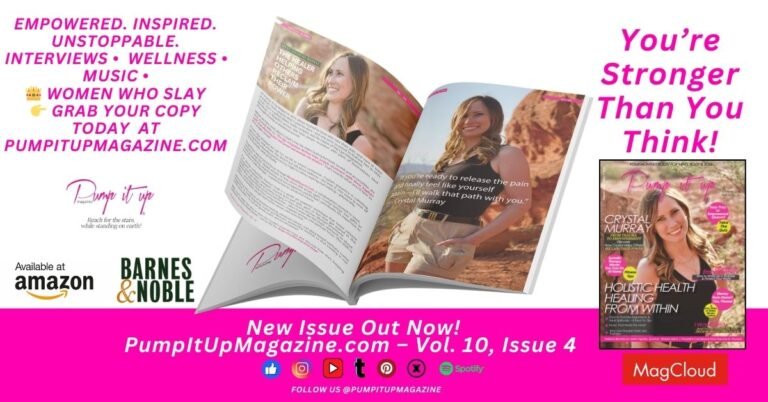Everyone wants a job doing what they love, and that’s especially true for creative types. It’s fulfilling to pour passion and energy into a song, novel, or piece of art and get paid for it.
At the same time, navigating a creative profession has its drawbacks. It’s easy to get burnt out, you could encounter challenging legal issues, and you may feel alone in your struggles.
If you’re a creative professional who’s experienced moments of doubt and stress, read on to learn how to protect yourself and your work.
Diversify Your Creative Outputs
Sometimes your ideas come from an endless well. You get on a roll and there’s nothing that can stop you. Other times, though, it might take all morning to find the right word or the perfect note, and your energy is sapped.
When the creative block hits, find a distraction to clear your mind and get the energy flowing again. A method many creatives swear by is trying something new. Explore different creative mediums and styles to keep your creativity fresh. Looking at a topic or subject through a different lens or format can jumpstart your imagination.
If you’re a writer with the proverbial writer’s block, do something completely different like dancing. Get your hands moving and free up your brain to think of things other than what you’re writing. Maybe you’re a musician who can’t find the perfect sequence of notes; rather than searching for the right sound, pick up some paints and translate what’s in your head into color on a page.
Whatever you choose, try something you don’t usually do when creating. A different medium can force your brain to learn and acquire new information. We like to learn new things, and that newness may spark an idea that could then flare into greater inspiration.
Understand Your Legal Rights
Creative professionals should know three types of intellectual property laws: patent, copyright, and trademark laws. You may not use all of these, but it’s important to understand what they are and how they protect your work.
Patent Law
According to the US government, a patent gives you as the inventor of something the right for 20 years to “exclude others from making, using, offering for sale, or selling” your invention. You cannot patent an idea or disembodied thing; only a physical item or new process can be patented.
Copyright Law
For writers, musicians, artists, and dramatists, copyright law protects an original work in tangible form. Copyright is immediate when you create something, but registering your creation protects you legally if someone attempts to steal it and pass it off as their own. Only registered works can be protected against copyright infringement.
Trademark Law
A trademark is the symbol, design, word, or combination of words that identifies your brand. You own a trademark once you create and use it. Your trademark does not have to be legally registered, but doing so gives you greater rights and protections for your branding than an unregistered trademark.
Build a Supportive Network
Support from creative peers is just as important as good legal support.
A strong, safe community in the creative industry provides networking, collaboration, and relationship building. Work-life is easier when you have peers as a sounding board. You can bounce ideas off them, troubleshoot issues, find inspiration, and receive support.
Online platforms like Dribble, Behance, and DeviantArt let visual artists showcase their work, collaborate with artists, and communicate with potential clients. Reddit, LinkedIn, Facebook, and Instagram have communities dedicated to every creative profession, and you can connect even more personally with Slack and Meetup groups.
Stay Informed and Updated
A strong network of fellow creative professionals is a great resource for updates about your industry. From knowing the latest trends to getting insight into working with clients, you have to understand what could affect your work.
There’s one area, however, where it’s best to call in the professionals: legal guidance. Laws and guidelines are often updated and amended. The best way to stay on top of trends and changes is to contact an experienced law firm like Mitch Grissim & Associates. Lawyers know the nuances of legal language and have decades of experience translating it for those who don’t.
The rise of AI in the creative sphere, social media users passing off the work of others as their own, and the endless fine print in legal documents require resources that might be more than you can handle. Don’t leave your life’s work to chance!
Prioritize Mental and Physical Health
Last but certainly not least, take time for yourself. As a creative professional, you know how easy it is to push yourself to your limits and produce the best content. But just as physical exhaustion takes a toll, so can mental and creative exhaustion. Know when to step away and focus on your well-being.
You may feel guilty when your work becomes too much and you need a break. After all, aren’t you living the dream by making money doing something you love? But even a dream job is a day-to-day job. Give yourself time to unplug from your work. Take that coffee break, head to the gym, or set aside time to meditate. This Avon Lake OH dentist also recommends getting regular health checkups. Keep your mind and body healthy so you can continue creating!
Protect Your Creative Side
Creating your art for a living can be incredibly rewarding, but as with any job, there are bound to be hurdles. You need to take care of yourself and your work.
Take breaks when you can to prioritize your well-being. And, when the legal side of things becomes overwhelming, call in law experts to do their work so you can get back to doing yours!
Photo by Andrea Piacquadio:













